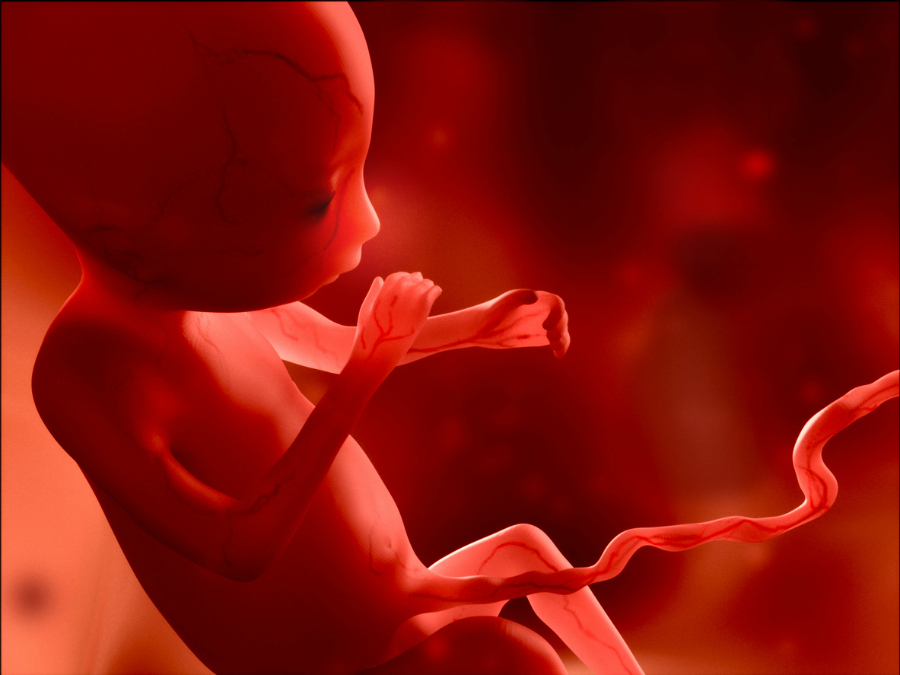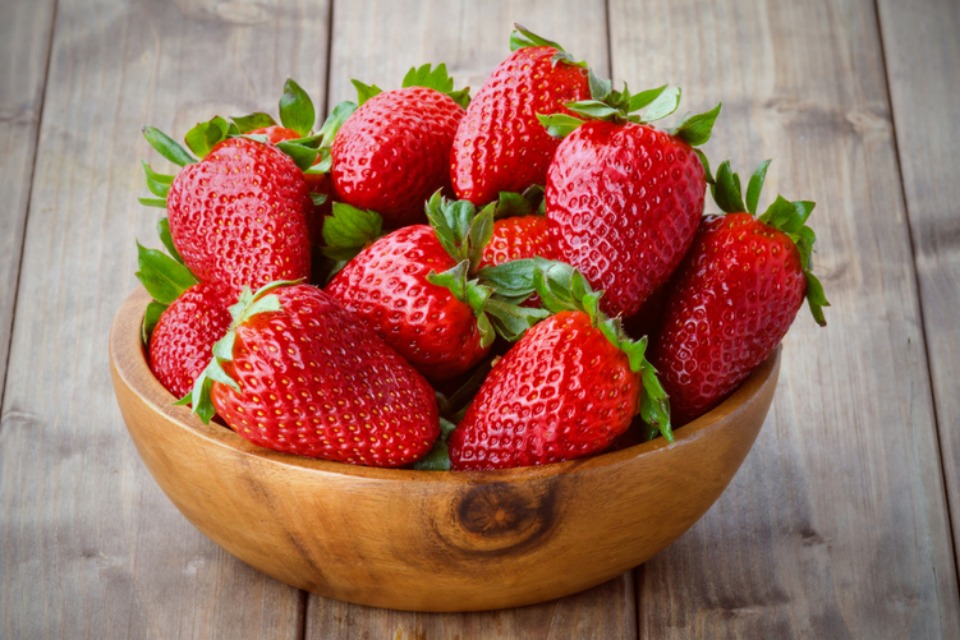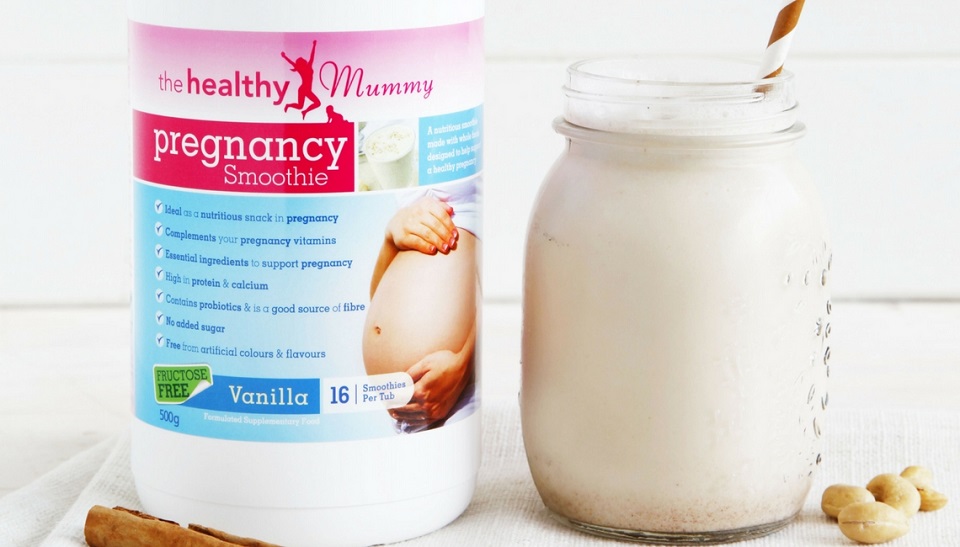Professor believes he’s discovered what causes pregnancy sickness
Whether you’re feeling nauseous or can’t stop throwing up, unfortunately most women will experience some sort of pregnancy sickness during their first trimester.
And while there are many tips to curb the queasiness, such as consuming ginger, sucking on peppermints and using acupressure bands, an expert now believe he’s discovered what’s behind the sickness.

What causes pregnancy sickness?
Up to 75 per cent of pregnant women reveal they experience nausea or vomiting during the first trimester, with some revealing it eventually stopped for them around 14-16 weeks gestation.
And while pregnancy sickness has always been believed to be linked to a reaction to the pregnancy hormone (hCG), biology professor at the University of Winnipeg Scott Forbes believes it may be down to something else.
In fact, he believes this hormone also acts as a thyroid stimulate, creating an increased production of a thyroid hormone called thyroxine, which releases iodine.
In other words, the embryo is trying to get more iodine through the thyroid, which can lead to the mother feeling sick.

“It’s simply the best quality embryos are also the ones that can cause pregnancy sickness in their mothers,” he says in the study published in the journal of Evolution and Human Behavior.
“They are doing it for a rather sinister reason, which is to steal a valuable resource from their mother — stored iodine.”
Iodine plays an important role in early fetal development of the organs and brain.
***However, too much iodine can cause damage to the brain, similarly as too little.***
“Iodine is one of these things a bit like Goldilocks: too little is bad and too much is bad,” adds Professor Forbes.
“So pregnancy sickness is really a way of modulating iodine intake.”
Women should still consult their doctors about pregnancy sickness but Professor Forbes says he still hopes his research will lead to routine thyroid testing for pregnant women, a process which is currently controversial.
“An absence of pregnancy sickness tips the balance towards testing for thyroid function. If you have an under-active thyroid, that’s easily dealt with,” he said.
Foods that are rich in iodine:
1. Seafood

Pregnant women are advised to consume two to three servings a week of fish that is lower in mercury, such as salmon, tinned tuna and cod.
2. Cranberries
Cranberries are also a great source of iodine. You can drink it as a juice or buy it as a fresh fruit.
3. Yoghurt
Natural yoghurt is another excellent source of iodine.
4. Strawberries

Strawberries add up to 10 per cent of your daily iodine needs. Try buying a fresh, organic brand and make sure you thoroughly wash them.
5. Cheese
Cheese is high in iodine and contains B vitamins as well as calcium and protein.
6. Potatoes
Potatoes are one of the richest sources of iodine among vegetables.
7. Seaweed
According to the Food Standards Australia New Zealand, pregnant women must limit their consumption of seaweed to once a week, as it contains unnaturally high amounts of iodine.
8. The Healthy Mummy’s Pregnancy Smoothie

The Healthy Mummy Pregnancy Smoothie provides a Good Source of Vitamins & Minerals – providing extra nutrition, including protein, vitamins & minerals for expectant mums. Plus, it contains Iodine, Phosphorous, Vitamin D & Vitamin B12, which all help contribute to normal growth and development of your baby.
*Please note that The Healthy Mummy Pregnancy range promotes healthy weight gain in pregnancy*
Pregnant women need additional calories and nutrients in pregnancy and our Pregnancy Smoothie and Eating & Exercise Book have been specially formulated to help women reach these additional calorie and nutrient needs.
The Healthy Mummy Pregnancy Smoothie is designed to complement, not replace, your prenatal vitamin intake. Our nutritionists ensured that the vitamins and minerals in the smoothie are at a low level so there is no risk of doubling up on any pregnancy vitamins.
How can the Pregnancy Smoothie help?
- HEALTHY INCREASED CALORIES – Additional nutrients and calories are needed in pregnancy to support the mum and the baby – and the smoothie is a convenient and tasty way to increase your calories in pregnancy whilst nourishing your body.
- MORNING SICKNESS – If you are suffering from morning sickness and find eating food difficult – the smoothie is a great way to nourish your body with a easy to drink smoothie- it also contains ginger.
- TIREDNESS – If you are feeling exhausted, the smoothie is a nutrient dense snack high in protein, B vitamins and low constipation iron to help keep energy levels up.
- CONVENIENT- if you are struggling to find the time or energy to eat nutrient dense and healthy foods then the smoothie will be a great help. You could also have it as a quick breakfast by adding fruit, oats and vegetables to your smoothie to further increase calories.
- PROTEIN & CALCIUM – It is ideal as a high-protein, high-calcium snack in pregnancy with each smoothie giving you 30% of your protein needs
Nourish your body in pregnancy
During pregnancy the nutritional demands on your body are greater in support of the growing baby along with alterations in maternal tissues and metabolism. The requirements of protein and nutrients, particularly folate, iodine, calcium, iron and zinc are higher.
During the second and third trimester additional protein is required for the growth of foetal, placental and maternal tissues, and estimated energy requirements are also higher.
Key nutrients needed for pregnancy
The Healthy Mummy Pregnancy Smoothie provides a Good Source of Vitamins & Minerals – providing extra nutrition, including protein, vitamins & minerals for expectant mums
- Folate – contributes to maternal tissue growth during pregnancy. Consumption of at least 400mcg† per day, at least one month before & three months following conception may reduce the risk of fetal neural tube defects
- Vitamin B12 – necessary for normal cell division, neurological structure & function, & contributes to normal blood formation, which are important processes during pregnancy
- Calcium – necessary for normal teeth, bone structure, important for baby’s development
- Iodine, Phosphorous, Vitamin D & Vitamin B12 – contribute to normal growth & development, including that of the baby
- Vitamin C, Vitamin B2, Vitamin B3, Vitamin B6, Vitamin B12, Folate & Iron– contributes to the reduction of tiredness & fatigue, symptoms often experienced by expectant mums
- Protein – necessary for tissue building & repair, normal growth & development of bone & contributes to the growth of muscle mass
- Probiotics – contribute to gastrointestinal health & the maintenance of beneficial gastrointestinal microflora, which can benefit pregnant women
- Fibre – aids in regular bowel motions, which can become irregular during pregnancy.









